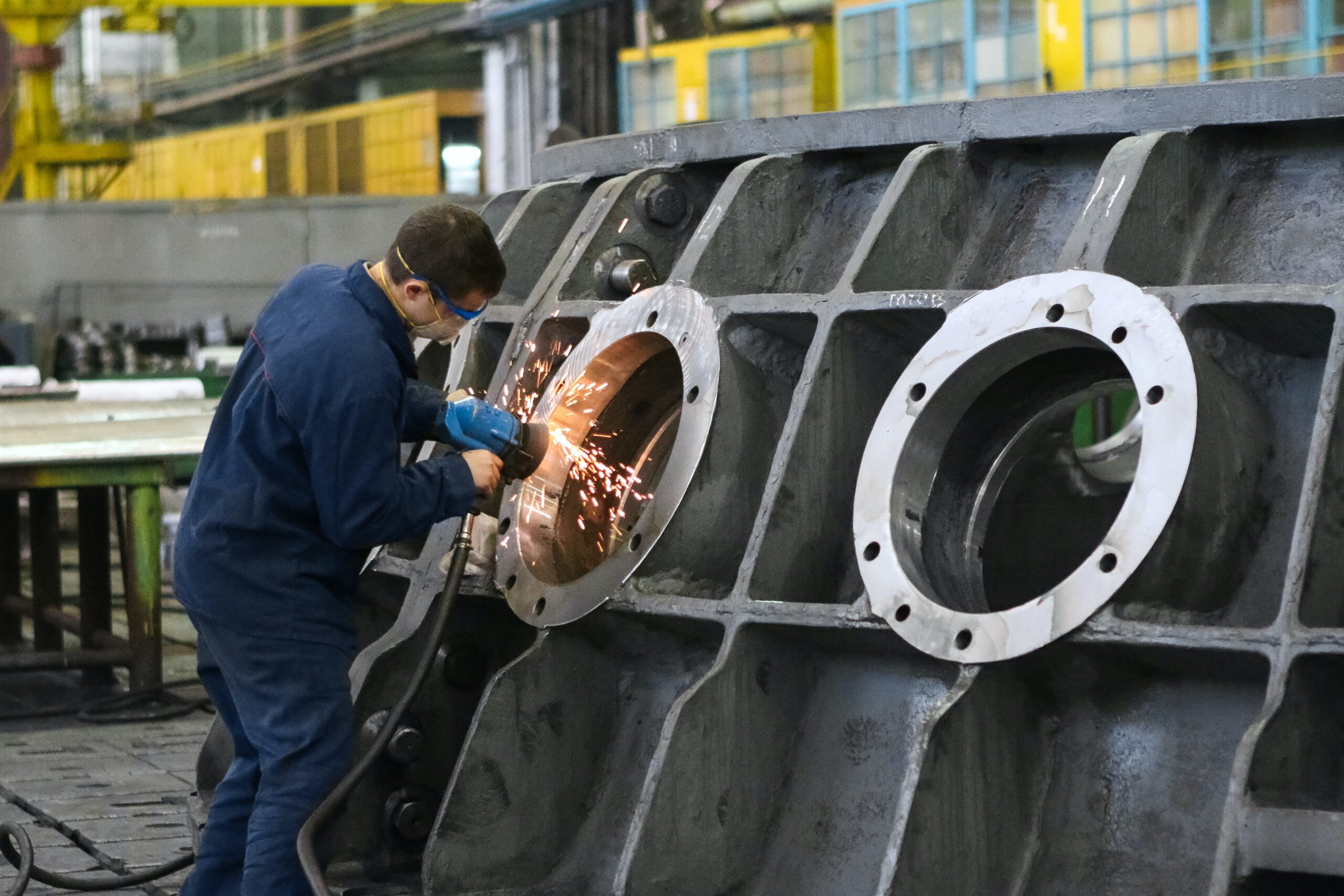
- Our Services
Technical Translations
Certified Translations
Specialisations
- Languages
- Rates
- References
- About Us
- Methods

Have you graduated as a skilled worker in your country but are facing a lack of job opportunities or professional development? This four-minute read may change where you set your sights. Below is a basic guide to emigrating to Germany.

Sabine Schneider
Founder
Germany is calling
If you are looking for your next big career opportunity, you may no longer have to look any further. As of March 2022, Germany had 558,000 skilled worker vacancies, for which there were no suitably qualified unemployed people in the country. With a yearly shrinking labour force, Germany has expanded its search for skilled workers outside its borders and that of the European Union.

Looking for graduates
The Skilled Workers Immigration Act for Germany (FEG) has been in force since March 2020 and regulates the immigration of persons from countries outside the EU. It is aimed particularly at qualified skilled workers with a university degree or those who have completed vocational training. As a qualified skilled worker, you may work in your trained occupation provided you have full recognition of your foreign training, i.e. that your foreign vocational qualification was recognised as equivalent to a that of a German position via the recognition procedure.
Stay in Germany while looking for work
In addition to skilled workers with a recognised university degree, the Skilled Workers Immigration Act now also allows qualified skilled workers with recognised vocational training, such as craftsmen, to enter Germany to look for a job. If you possess the appropriate German language skills of at least a B1 level, you can apply for a visa for up to 6 months. During your stay, however, your livelihood must be secured for the entire period. While you are looking for a job, you can take part in a trial job for up to ten hours a week. This is a good way for the employer and the foreign skilled worker to check whether they are compatible. This also applies to skilled workers with a recognised university degree.
Young adults welcomed
The Skilled Workers Immigration Act is also aimed at young people who want to do an apprenticeship in Germany. If you are under 25 years of age, can prove that you have sufficient schooling, can finance your own living expenses, and have sufficient German language skills at the B2 level, then you can obtain a visa for a maximum of 6 months. This is an excellent way skilled worker immigration can help young adults gain knowledge and on-job experience, giving them an advantage in their field as well as international experience.
Prolonged stay to become qualified
However, if your professional qualification has not been fully recognised in Germany, you will be informed in your notification of recognition where you still need to obtain qualifications. To expand on your skills, you can be granted a residence permit for up to 18 months for suitable qualification measures in Germany. In order to qualify, you must have basic language skills at the A2 level. Furthermore, you must have sufficient financial means for your livelihood. In individual cases, the residence permit can be extended for up to two years.
Under certain circumstances, you may be eligible to partake in a vocational training course in Germany despite not being a German. Your potential German employer can aid you in the skilled worker immigration process by applying for the visa. If you receive a job offer from a German company, the company can apply for an accelerated skilled worker procedure at the Foreigners' Registration Office, so that you can start working sooner.
More information on the Skilled Workers Immigration Act can be found on the Federal Government's portal for skilled workers from abroad: www.make-it-in-germany.com